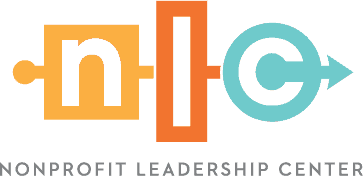If someone asked you to name your all-time favorite leader, who would it be? What about your least favorite leader?
Chances are your reasons for choosing these leaders have little to do with their cognitive abilities or technical skills and much to do with their emotional intelligence — how they treated you as a person. Emotional intelligence is our capacity to be aware of, control and express our emotions, and to handle interpersonal relationships judiciously and empathetically. While your favorite leader likely brought out the best in you, your least favorite leader may have done the opposite.
The question to ask yourself is this: Are you your employees’ favorite leader or least favorite leader?
Emotionally intelligent leaders are comfortable saying the following three phrases:
1. I was wrong.
2. I don’t know.
3. I am sorry.
While being vulnerable and comfortable enough to use these phrases when the situation warrants it won’t land you in the leadership record books, it will earn the admiration and respect of your team because they know you are both self-aware and that you care. Saying these simple words will also make it easier for your employees to communicate with you and deepen team relationships.
READ NEXT: 7 Traits of Emotionally Intelligent Leaders
Become a More Emotionally Intelligent Leader
Emotional intelligence isn’t something you’re born with; it can be learned. Explore the Nonprofit Leadership Center’s upcoming events to improve your leadership skills and emotional intelligence.


